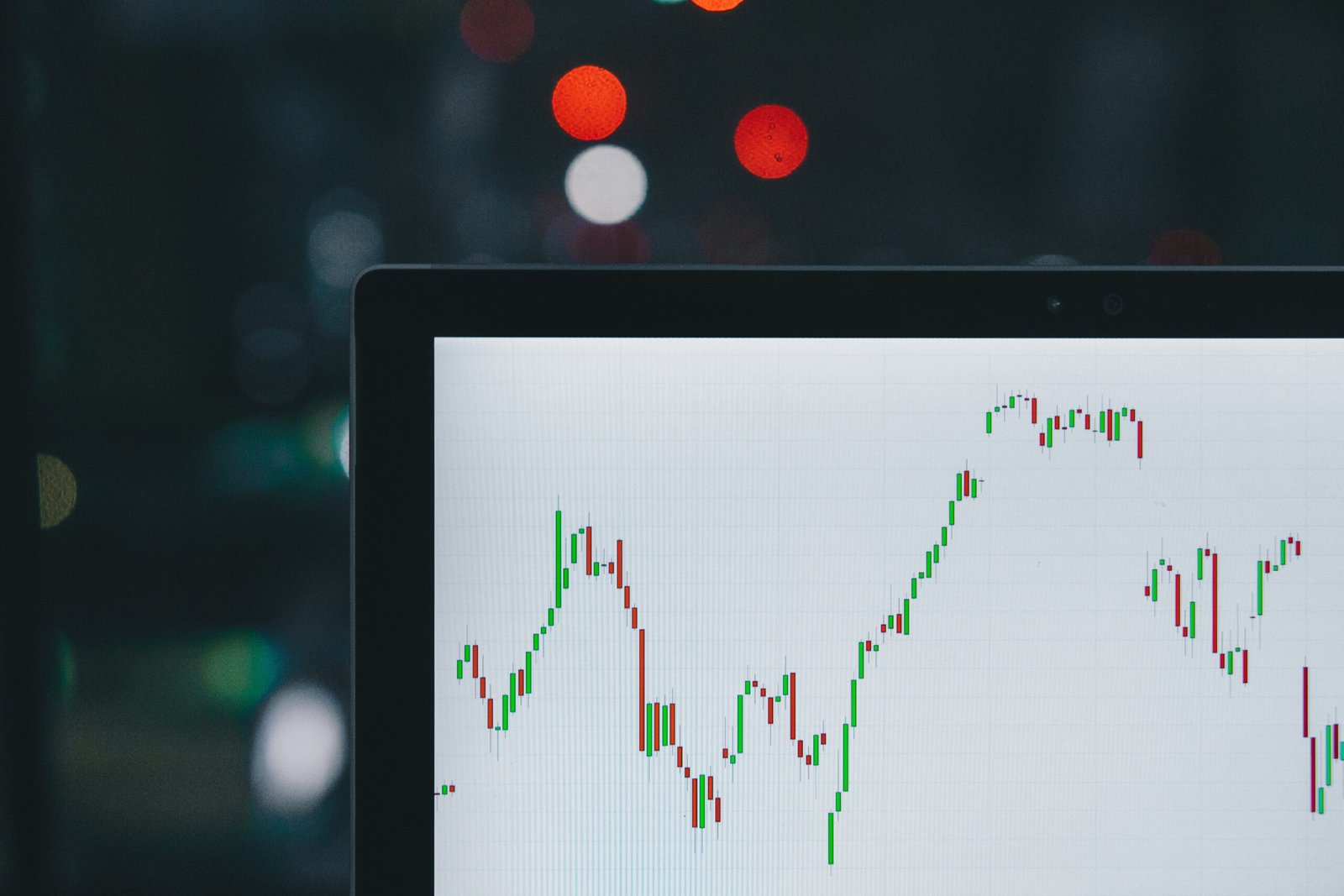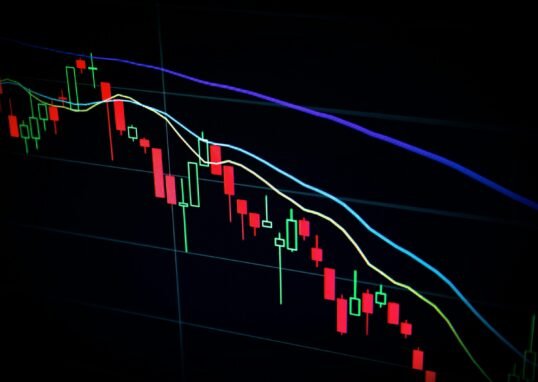
When it comes to trading in financial markets, having a reliable and reputable trading broker is crucial. A trading broker acts as an intermediary between traders and the financial markets, providing access to various trading instruments such as stocks, currencies, commodities, and more. They facilitate the execution of trades and offer a range of services to assist traders in their investment journey.
What is a Trading Broker?
A trading broker is an entity or an individual that enables traders to buy and sell financial instruments in the market. They provide a trading platform or software that allows traders to access the markets and execute their trades. Trading brokers earn their income through commissions, spreads, or fees charged on each trade executed by their clients.
Trading brokers offer different types of accounts, each with its own features and benefits. These may include demo accounts for practice, standard accounts for regular trading, and premium accounts for more experienced traders with additional perks and services.
What to Look Out For in a Trading Broker
Choosing the right trading broker is essential for a successful trading experience. Here are some factors to consider when evaluating different trading brokers:
Regulation and Security
One of the most critical aspects to consider is the regulatory status of the trading broker. Ensure that the broker is regulated by a reputable financial authority, such as the Securities and Exchange Commission (SEC) in the United States or the Financial Conduct Authority (FCA) in the United Kingdom. Regulation provides a level of protection for traders and ensures that the broker operates within specific guidelines and standards.
Additionally, look for brokers that offer robust security measures to protect your personal and financial information. This may include encryption technology, two-factor authentication, and segregated client accounts.
Trading Platform
A user-friendly and reliable trading platform is crucial for executing trades efficiently. Look for a broker that offers a platform with a wide range of features, including real-time market data, advanced charting tools, order types, and customization options. The platform should be stable and accessible across different devices, such as desktop, mobile, and tablets.
Trading Instruments and Markets
Consider the range of trading instruments and markets offered by the broker. Ensure that they provide access to the specific markets or assets you are interested in trading. Whether it’s stocks, forex, commodities, or cryptocurrencies, having a diverse selection of instruments allows for greater trading opportunities.
Trading Costs and Fees
Compare the trading costs and fees charged by different brokers. These may include spreads, commissions, overnight fees, withdrawal fees, and account maintenance charges. Look for a broker that offers competitive rates while still maintaining the necessary level of service and reliability.
Customer Support
Good customer support is vital, especially for new traders or in case of any issues or queries. Check if the broker offers multiple channels of communication, such as phone, email, or live chat, and whether their support team is responsive and knowledgeable. Prompt and efficient customer support can make a significant difference in resolving any trading-related concerns.
Educational Resources
Consider whether the broker provides educational resources and tools to help traders improve their knowledge and skills. This may include tutorials, webinars, market analysis, and educational articles. A broker that invests in its clients’ education shows a commitment to their success.
Account Types and Minimum Deposit
Review the different account types offered by the broker and their respective minimum deposit requirements. Ensure that the account types align with your trading goals and financial capabilities. Some brokers may offer different account tiers with varying benefits and services based on the deposit amount.
Reviews and Reputation
Lastly, research and read reviews about the broker from reputable sources. Check their reputation in the trading community and look for any red flags or negative feedback. A broker with a solid reputation and positive reviews is more likely to provide a reliable and trustworthy trading experience.
Conclusion
Choosing the right trading broker is essential for any trader looking to participate in the financial markets. By considering factors such as regulation, trading platform, trading instruments, costs, customer support, educational resources, account types, and reputation, traders can make an informed decision and find a broker that best suits their trading needs and preferences.
Remember, the trading broker you choose can significantly impact your trading experience and ultimately, your success in the markets. Take the time to research and evaluate different brokers before making a decision, as it can make all the difference in your trading journey.








